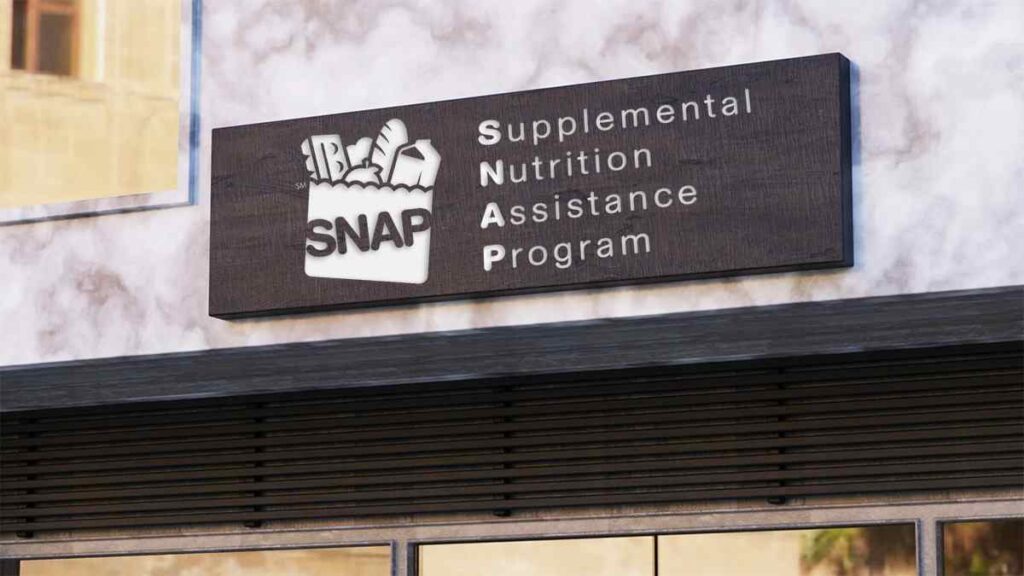The United States Department of Agriculture and its Food and Nutrition Service have announced when SNAP will change the rules for specific work requirements in 2024.
Apparently, the new rules affecting 53 to 54-year-olds as well will come into effect on October 1, 2024. So, from that moment on, these specific rules will affect those aged 18-54, and not just those aged 18-52 until September 30, 2024.
When could 53 and 54-year-olds lose SNAP benefits?
If you qualified for Food Stamp benefits before October 1, 2024, and do not work or get some eligible training, you may lose benefits after three months. Therefore, 53 to 54-year-olds who do not meet specific requirements may lose SNAP benefits in January 2025.
Bear in mind that if you do not work or do not get an exemption, you may only get Food Stamps for three months in three years’ time. Apart from working for 80 hours per month to continue being eligible, you could take part in a work program.
This work program must also last for 80 hours a month. SNAP Employment and Training is not the only possibility. Federal, local or State options may be accepted.
Which 18-54-year-olds can get an exemption for the specific SNAP rules?
If you are aged 18 to 54 but you have a disability, you do not have to meet specific work requirements starting on October 1, 2024. Pregnant recipients can also get an exemption from the SNAP office.
If you have children who are under 18, you do not have to meet these specific work requirements for ABAWD. Some people are excluded from general work requirements, so are they for specific ones.
Veteran can also avoid the ABAWD time limit. Some American citizens may be going through a rough patch and are experiencing homelessness. If you are experiencing it, you do not have to meet them either. If you are age 24 and younger and in foster care when you turned 18, you can get an exemption too.
